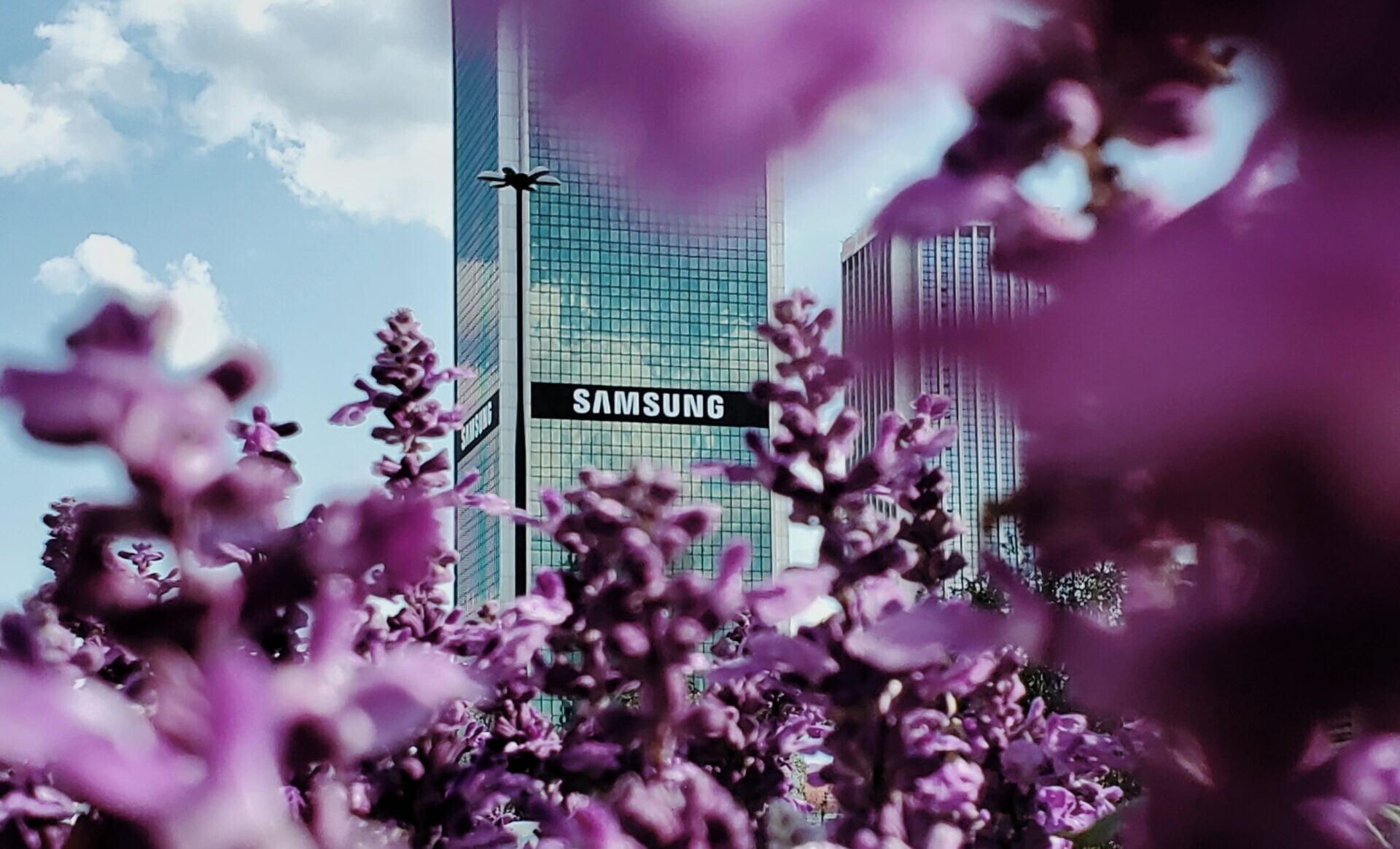Samsung bans ChatGPT, Bard and generative AI over security concerns

Samsung employees reportedly entered sensitive data into ChatGPT. In response, the electronics giant is banning its use and plans to roll out new security policies as well as its own models.
Samsung has banned the internal use of ChatGPT, Bard, Bing Chat and similar generative AI tools, Bloomberg reports, citing an internal memo. A Samsung spokesperson confirmed the memo's existence.
According to the memo, Samsung is concerned that data entered into the tools could be stored on external servers, never deleted, and potentially shared with other users. In early April, there was allegedly an incident in which Samsung developers entered internal source code into ChatGPT.
Using ChatGPT could get you fired
Samsung's ban on generative AI applies to all company-provided computers and mobile devices, as well as the company's internal network. Employees using ChatGPT and the like for personal use are not allowed to enter any personal or company-related information. Anyone who does not comply could be fired, according to the memo.
Samsung is working on a block feature for generative AI, according to Bloomberg. This is intended to temporarily halt further use of generative AI until yet-to-be-developed safety guidelines for using the technology kick in, which could, in principle, increase "productivity and efficiency" of employees.
Samsung is also working on its own AI tools for document translation and summarization, according to Bloomberg.
Proprietary AI models could become an industry trend
The security of corporate and personal data is currently a thorny issue in AI development. Companies such as OpenAI and Microsoft have so far taken an approach that ranges from careless to reckless, collecting all available data to pre-train and then improve large AI models.
Another potential risk of using generative AI in the enterprise is that the AI may generate content that is already proprietary to another company. For legal and privacy reasons, large companies in particular may prefer to train their own AI systems, where they have precise knowledge of the underlying training data, and implement them locally.
OpenAI wants to counter this possible development with a business version of ChatGPT, which at least no longer stores input data or uses it for AI optimization. However, OpenAI does not yet provide any information about the data corpus used to train GPT-4.
AI News Without the Hype – Curated by Humans
As a THE DECODER subscriber, you get ad-free reading, our weekly AI newsletter, the exclusive "AI Radar" Frontier Report 6× per year, access to comments, and our complete archive.
Subscribe nowAI news without the hype
Curated by humans.
- Over 20 percent launch discount.
- Read without distractions – no Google ads.
- Access to comments and community discussions.
- Weekly AI newsletter.
- 6 times a year: “AI Radar” – deep dives on key AI topics.
- Up to 25 % off on KI Pro online events.
- Access to our full ten-year archive.
- Get the latest AI news from The Decoder.